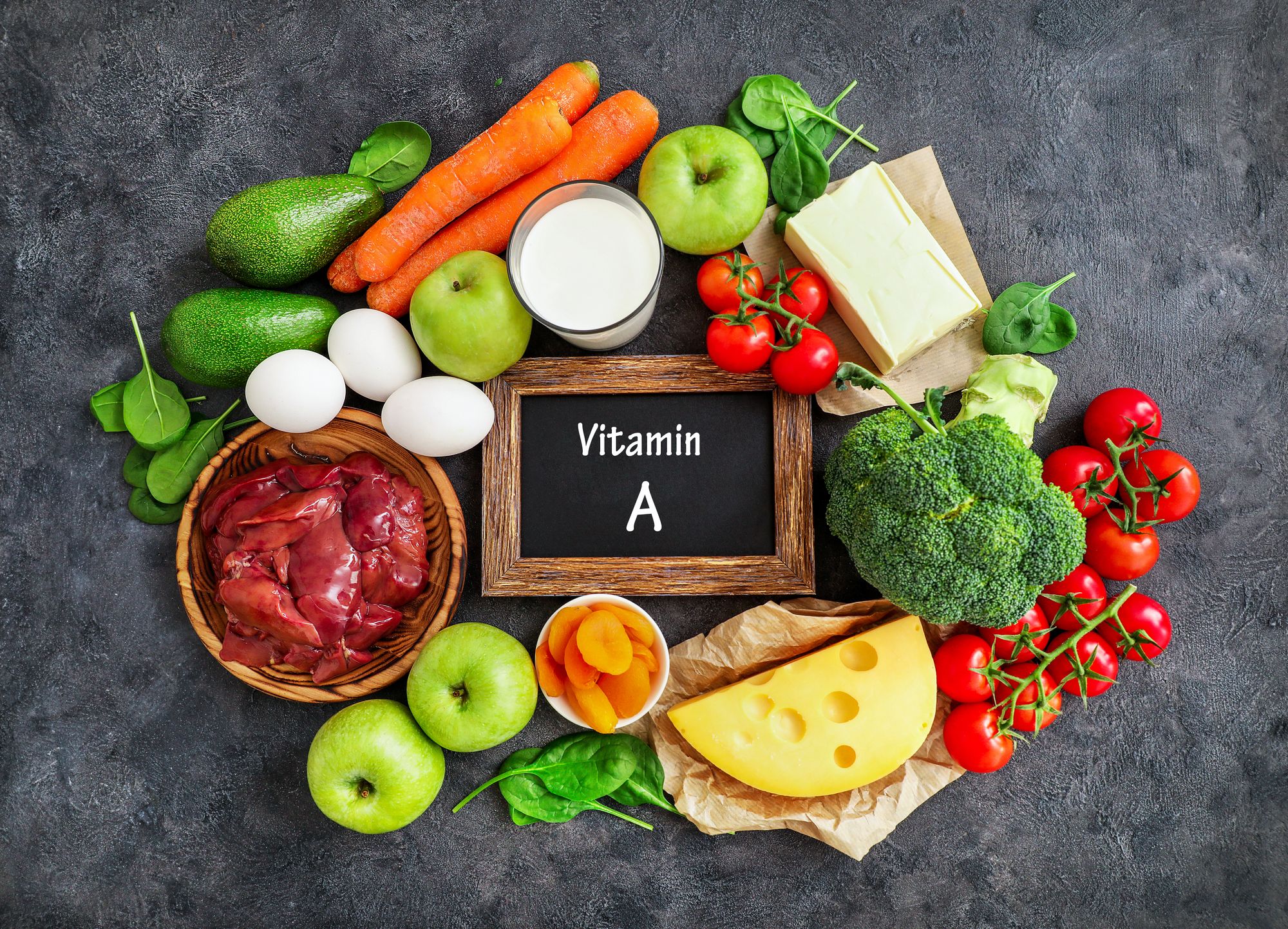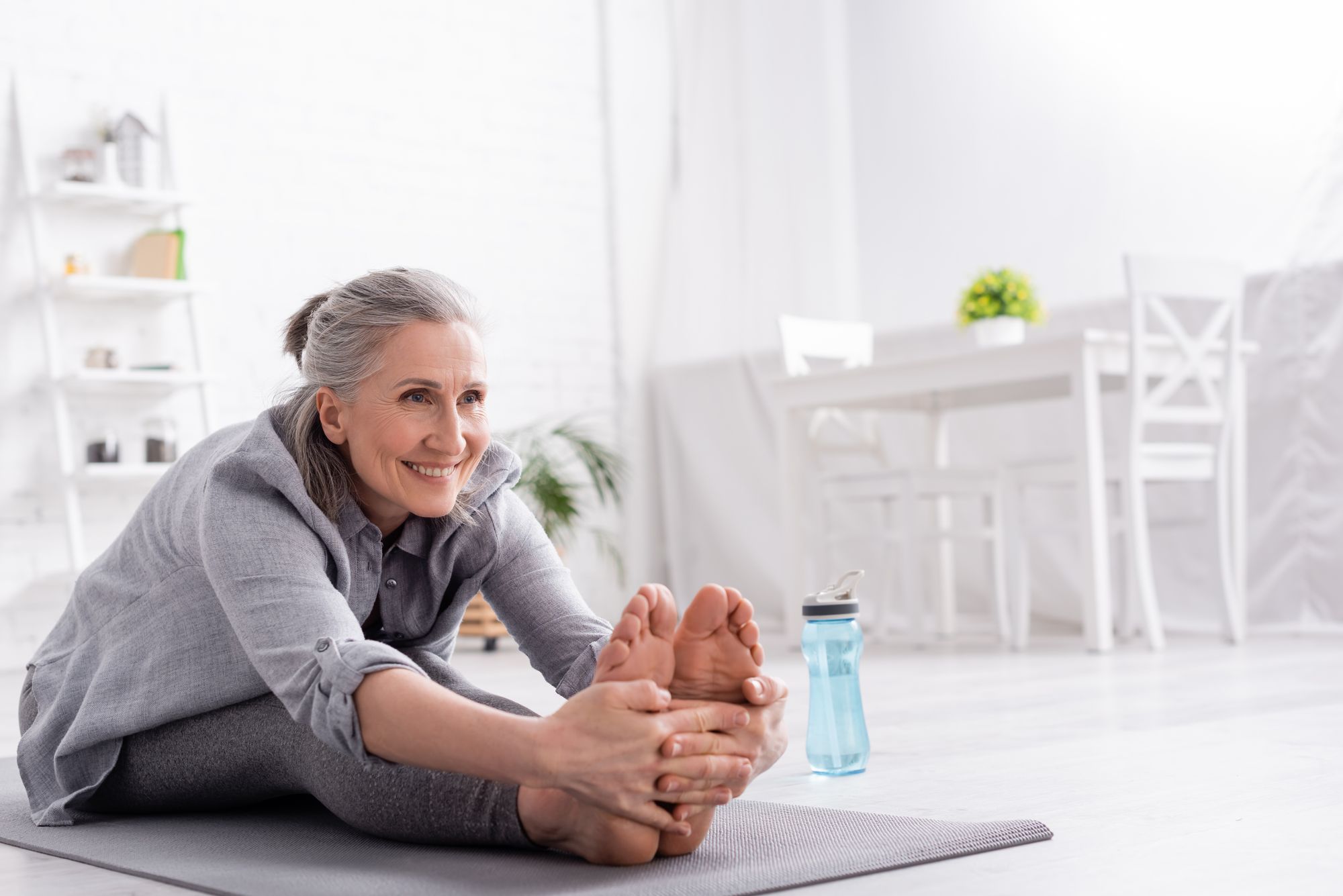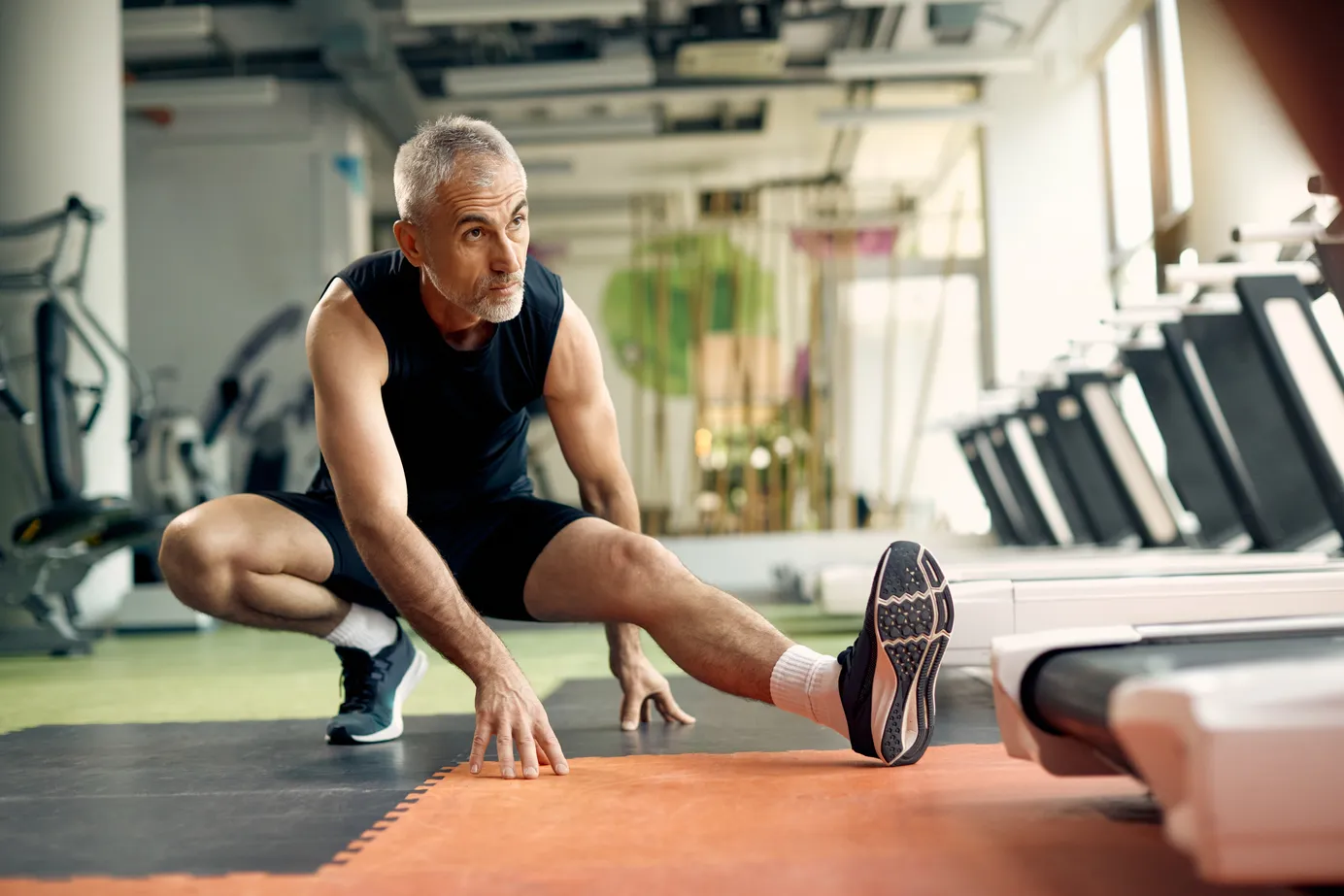Dr. Berg's Essential Tips for Ageless Skin

Summary: Discover Dr. Berg's essential tips for ageless skin, including key vitamins and habits for a youthful appearance.
I've been following Dr. Eric Berg on his YouTube channel for the last few years, and with 10 million subscribers and counting, he must be doing something right, right?
A video he recently shared about hacks for a youthful appearance is of particular note. After all, he looks great "for 54 years old, going on 29," he says jokingly.
Here's a summary of Dr. Berg's key points. As always, we'll share the video link in the 'Further Reading' section below.
Key Nutrients for Youthful Skin
Eat More Saturated Fats (Especially Cholesterol)
Dr. Berg argues that a youthful appearance is all about maintaining the skin, which is made up of saturated fats and protein. That means we should be eating MORE cholesterol and saturated fats - the exact things we're told NOT to eat, Berg argues.
"If you really want to start looking old fast, go on a low-fat diet and starve yourself of fats, especially the highly saturated fats," argues Berg before going on to explain the three key benefits of cholesterol:
- 50% of our cell membranes are made out of cholesterol, so the body needs it and extracts it from our diet.
- Cholesterol also helps in the production of bile to help digest the fat we consume and extract the fat-soluble vitamins from that fat.
- Cholesterol is also required for the production of hormones. As we age, we lose hormones and start to look older. So we want to ensure the raw material for your hormones is in good supply.
Vitamin A: The Ultimate Anti-Aging Vitamin
Vitamin A is the most essential anti-aging, fat-soluble vitamin for your skin. This is because the two layers of the skin, the epidermis and the dermis, are controlled by vitamin A, which ensures that our skin remains soft and firm and doesn't dry.
A vitamin deficiency can create a condition known as quantification - dry and scaly skin that can lead to acne.
Vitamin A also triggers the production of collagen, which provides structure to our skin, bones, tendons, and ligaments while aiding in tissue repair and the overall health of our joints and skin.
What's the best source of Vitamin A?
It can be obtained from the beta-carotene in leafy greens, including kale, spinach, and other greens containing antioxidants and phytonutrients.
Berg argues that we should remember that we still need to combine beta-carotene with fat-soluble vitamins to maintain a youthful appearance. He recommends the active form of Vitamin A found in pasture-raised organic egg yolks, virgin cod liver oil, butter, salmon, fish, and goat's cheese.
Vitamin E: Your Shield Against Skin Damage
Berg argues that after vitamin A, we should then consider vitamin E. Vitamin E prevents wrinkles and scarring and protects the skin against aging, sunburns, and what Berg calls "oxidizing"—the damage caused by "free radicals," which are often caused by factors like UV radiation, pollution, and stress.
Vitamin E also supports our pituitary hormones, the key regulators of various bodily functions, including growth, metabolism, stress response, reproduction, water balance, and lactation.
It's especially essential during menopause when the body's decreased need for sex hormones reduces the pituitary's hormone output, which leads to a drop in vitamin E - an essential nutrient in the production of sex hormones.
What's the best source of Vitamin E?
Palm oil (eco-friendly and red if possible), olive oil, nuts and seeds, leafy greens, wheat germ. Many foods rich in Vitamin A mentioned earlier also contain Vitamin E.

Habits to Avoid for Healthier, Younger Skin
Limit Advanced Glycation End Products (A.G.E.)
A.G.E. or "Advanced Glycation End Products" are harmful compounds that are formed when proteins or fats combine with sugar in the bloodstream, a process known as glycation. This accelerates aging and contributes to chronic diseases like diabetes, heart disease, and Alzheimer's.
Berg gives examples of deep-fried doughnuts or french fries, where sugar is combined with proteins to create "sticky proteins" that clog the eyes, the arteries, and the glands. This makes your skin look very old, very fast.
Quit Smoking
Smoking damages collagen and elastin, which reduces blood flow to the skin and results in skin damage. Smoking increases the production of free radicals, leading to a sallow complexion and wrinkles, and also causes the advanced glycation end products mentioned above.
Reduce Stress
Stress produces cortisol which, in high amounts, ages the skin by creating inflammation that can produce wrinkles and decreased elasticity.
Eliminate Sugar
Both sugar and refined carbohydrates promote oxidative stress and, through glycation mentioned earlier.
How to Accelerate Skin Repair
Embrace a High-Fat, Low-Carb Diet (Ketosis)
A keto diet forces the body to burn fats rather than carbs, leading to a metabolic state called ketosis. Ketosis is achieved through a diet high in fats, sufficient proteins, and low carbs.
Intermittent Fasting: Boost Your Skin’s Natural Repair
Intermittent fasting (or 'IF') alternates between periods of fasting and eating. Fasting periods can range from 12 to 24 hours (or longer). During IF, the body goes through "autophagy," which cleans out the damaged proteins that are now unusable. Combine IF with a saturated, fat-rich keto diet, and the body can provide the nutrients required to start looking younger.

Our Take: More Than Skin Deep
If we do a simple Google search, there are plenty of articles, books, and products on skin care. But pursuing youthful skin to look younger misses the point.
Many readers in our community value the importance of remaining active in so many ways. Healthy and youthful-looking skin goes beyond aesthetics and offers many advantages that support our well-being and success beyond our 50th birthday.
Here are six advantages to maintaining youthful-looking skin.
1. An indicator of good health. Healthy, youthful-looking skin reflects not only good overall health but also self-discipline.
2. Confidence & psychological well-being. Younger-looking skin boosts our self-esteem, which transmits well in social situations.
3. It has professional benefits. Appearance matters. Younger-looking skin projects to the world not only your sense of discipline and self-worth but also a level of vitality and energy, which can open the door to new opportunities for you.
4. It's an inspiration for your peers. A philosophy we hold dear at the IC is 'age is not stage.' Just because you're a certain age does not mean you have to behave or look a certain way. Instead, a positive, confident, and healthy image inspires others around you.
5. Prevention is less expensive than correction. This is often a factor we overlook. For example, a good skincare regime can save us from potentially costly procedures later in life.
6. Protection against environmental damage. Healthy skin protects our skin against UV radiation and pollution, reducing the risk of skin cancer and other skin-related diseases.
Further Reading
1. Anti-Aging Hacks for a Youthful Appearance with Dr. Berg
2. Ageless: The New Science of Getting Older Without Getting Old, by Andrew Steele
3. Coming of Age: The Best Men's Skincare Routine For Your 50s And Beyond
Got an idea? We want to hear from you!
At The IC, we're always excited to bring fresh perspectives and unique voices to our community.
We'd love to connect if you have feedback, an article idea, or want to join us as a guest writer.
Email us at hello@interludecafe.com or head over to our Contact Us page to get started!






